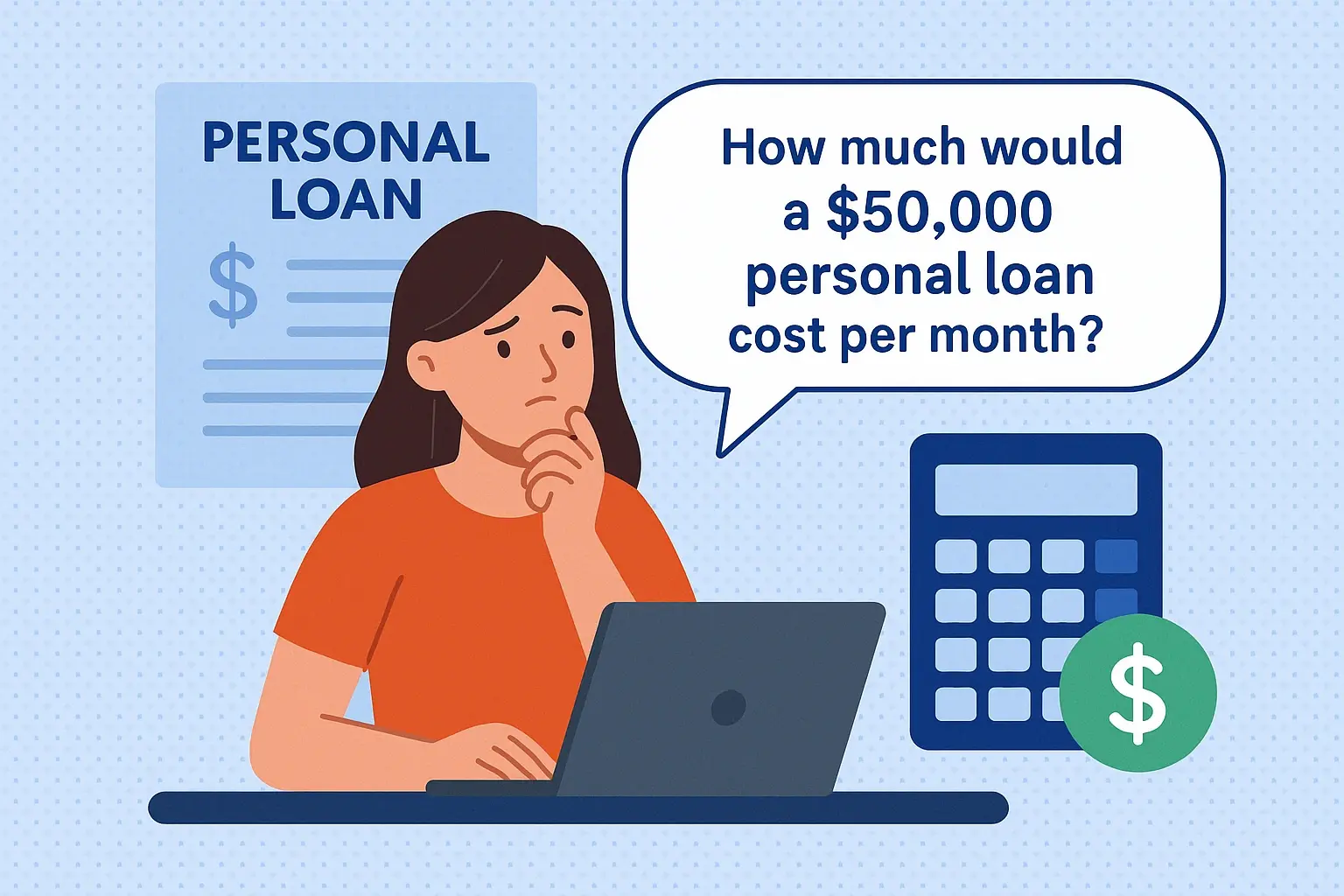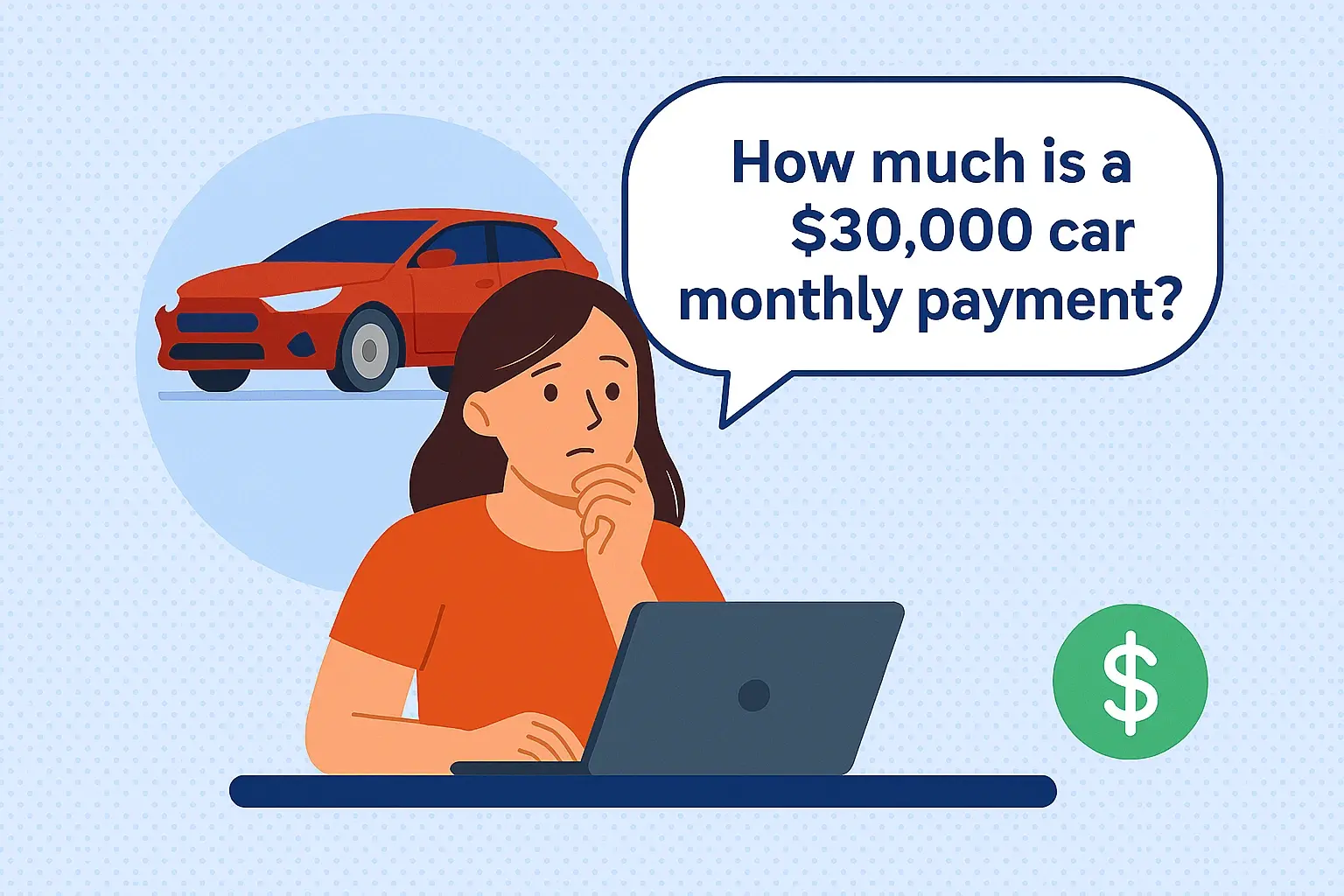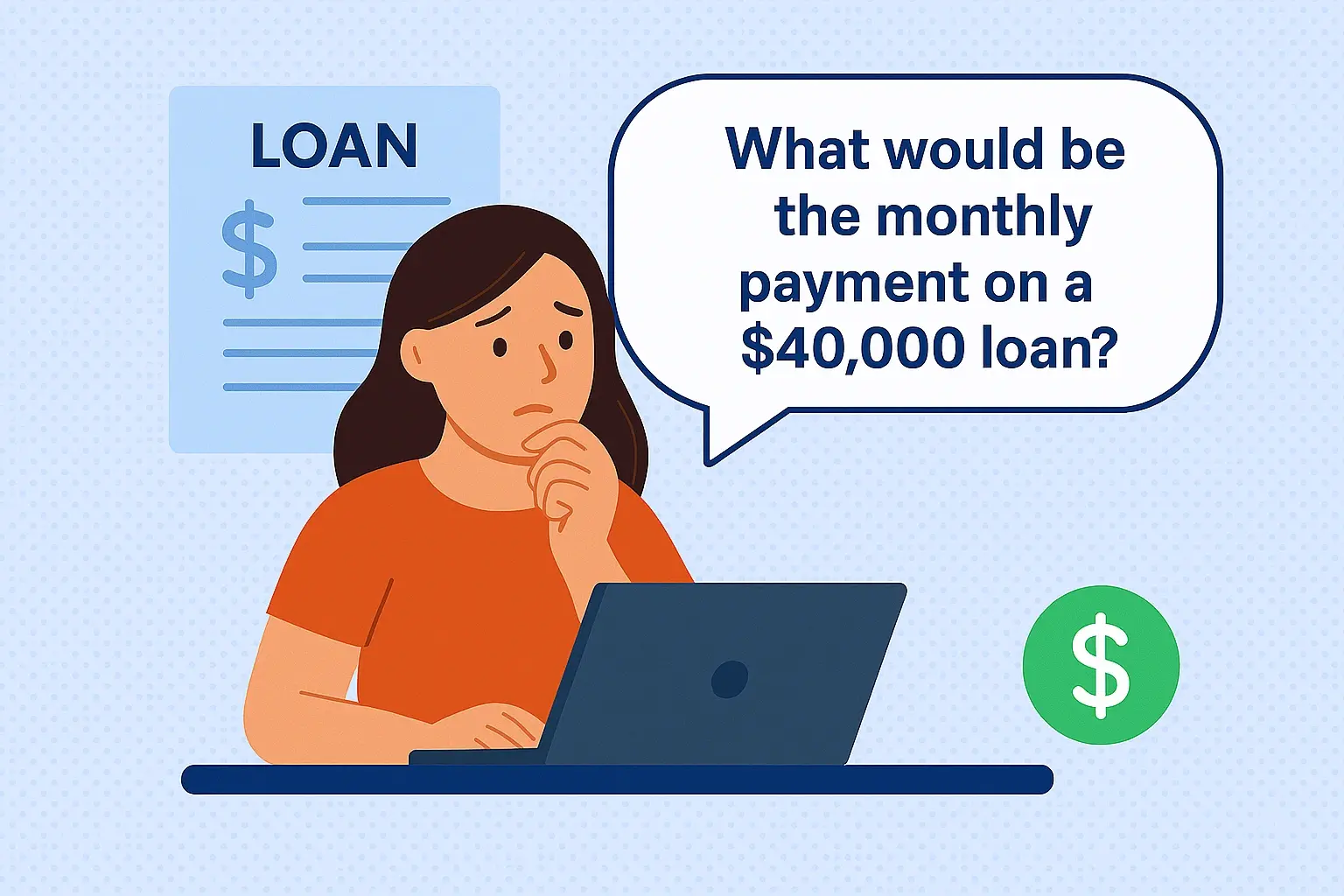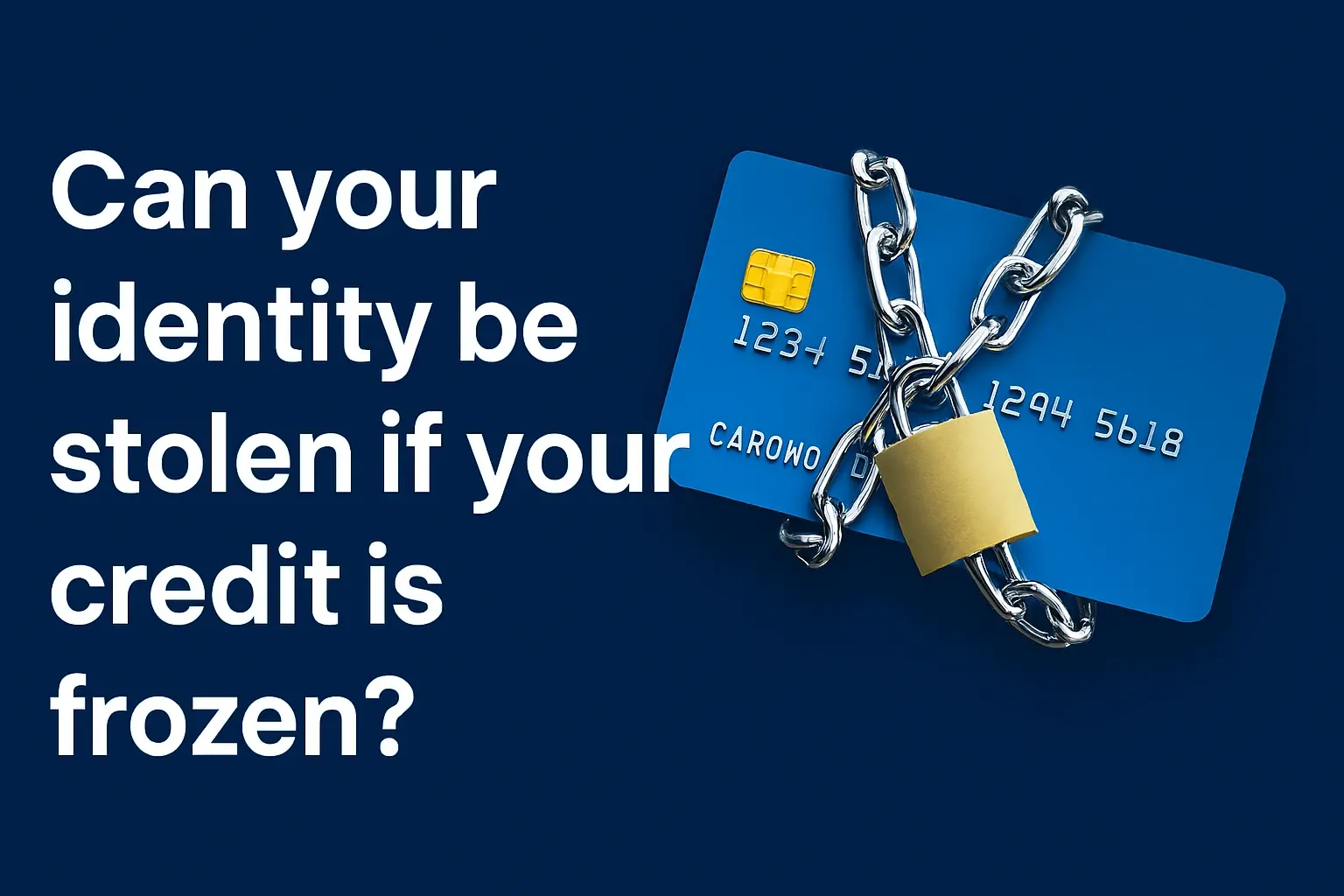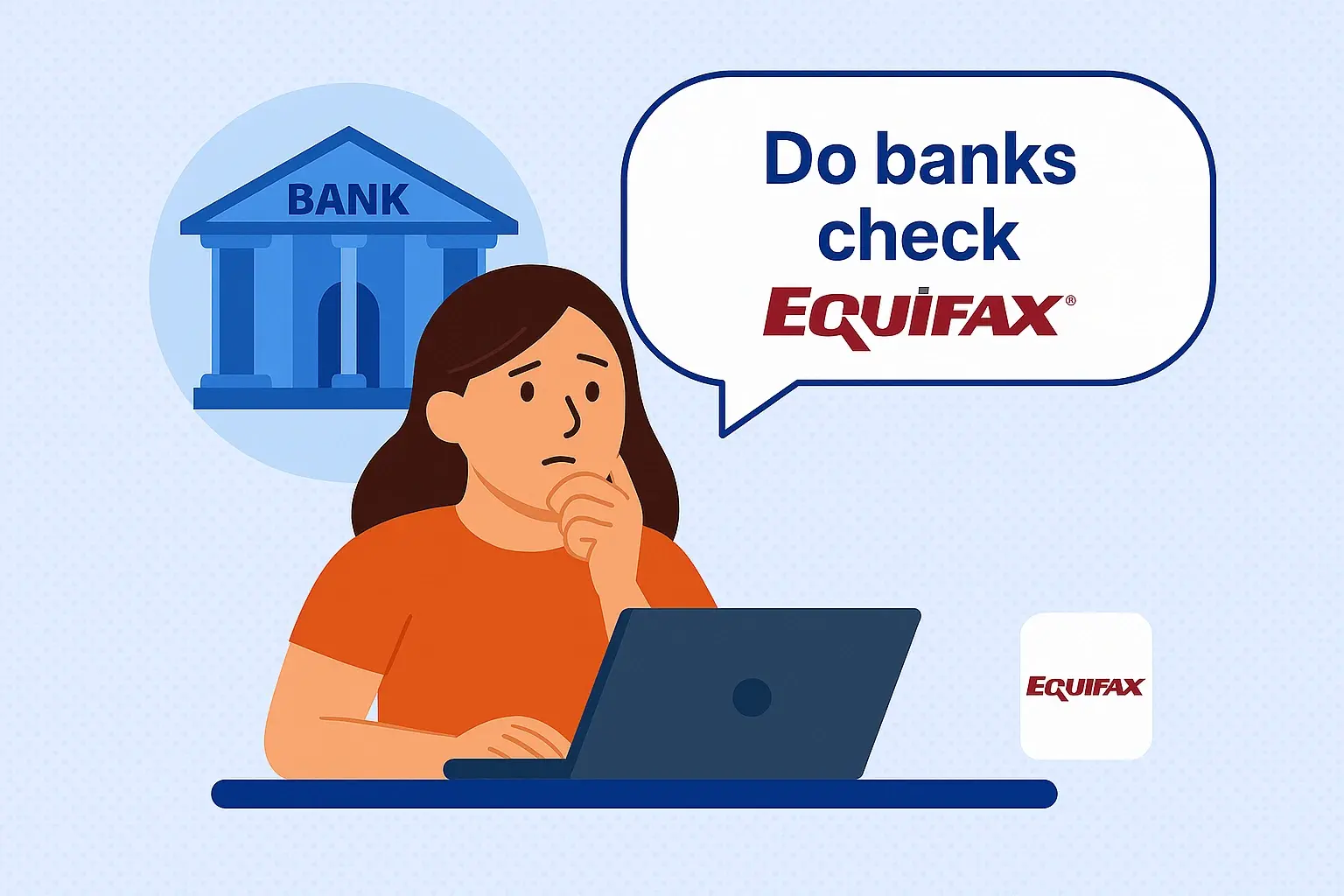-
Posted on: 29 Jul 2024
-
In today's digital age, financial institutions are constantly seeking new ways to assess creditworthiness and provide personalized services. One increasingly common practice is requesting access to your bank account data. Experian, one of the three major credit bureaus, offers a service called "Experian Boost" that leverages this access. But before you hand over your banking credentials, it's crucial to understand the implications. This article will delve into the pros and cons of giving Experian access to your bank account, helping you make an informed decision.
Understanding Experian Boost
Experian Boost is a service designed to potentially increase your credit score by factoring in on-time payments that typically aren't reported to credit bureaus. These payments often include utility bills (electricity, gas, water), phone bills, and streaming services like Netflix or Spotify. By connecting your bank account, Experian can verify these payments and potentially add them to your credit history.
How Experian Boost Works
- Account Linking: You securely connect your bank account to Experian through their platform. Experian uses a trusted third-party service (often Plaid or Finicity) to facilitate this connection.
- Data Analysis: Experian analyzes your bank statements to identify recurring payments to eligible service providers.
- Payment Verification: They confirm the payments were made on time and within a certain timeframe.
- Credit Score Update: If sufficient positive payment history is found, Experian may add this information to your credit report, potentially boosting your credit score.
Potential Benefits of Experian Boost
- Increased Credit Score: This is the primary benefit. A higher credit score can make it easier to qualify for loans, credit cards, and other financial products.
- Credit Building for Thin Files: Experian Boost can be particularly helpful for individuals with "thin" credit files – those with limited credit history. Young adults or those new to credit can benefit significantly.
- Potential for Lower Interest Rates: A better credit score often translates to lower interest rates on loans and credit cards, saving you money in the long run.
- Improved Loan Approval Odds: A better credit score increases your chances of being approved for loans and other credit-related products.
Weighing the Risks: Potential Downsides of Sharing Bank Account Access
While Experian Boost can offer advantages, it's essential to acknowledge the potential risks associated with granting access to your bank account.
Data Security Concerns
The most significant concern is data security. Sharing your banking credentials with a third party, even a reputable one like Experian, introduces a potential vulnerability. While Experian uses security measures to protect your data, no system is completely impenetrable. A data breach could expose your bank account information to hackers, leading to identity theft, fraud, or financial loss.
Understanding Data Encryption
Experian, and the third-party service providers they use, employ encryption to protect your data during transmission and storage. Encryption converts your data into an unreadable format, making it difficult for unauthorized individuals to access it. However, even with encryption, the risk of a breach remains. Strong encryption practices are essential, but not foolproof.
Vendor Risk Management
Experian relies on third-party vendors, like Plaid or Finicity, to connect to your bank account. It is critical that Experian performs robust vendor risk management. That includes verifying the security posture of these vendors, including reviewing their security controls, data privacy policies, and incident response plans. If a vendor experiences a data breach, your information could be compromised, even if Experian's systems remain secure.
Privacy Considerations
Giving Experian access to your bank account means they will have access to a wealth of personal and financial information. This includes your income, spending habits, and the companies you do business with. While Experian states they only use this information to identify eligible payments for Experian Boost, some individuals may be uncomfortable with the extent of data they are sharing.
Data Usage and Purpose Limitation
Before granting access, carefully review Experian's privacy policy and terms of service. Understand how they collect, use, and share your data. Pay close attention to any clauses that allow them to use your data for purposes beyond Experian Boost, such as marketing or research. Data privacy regulations like GDPR and CCPA aim to limit the use of data to the explicitly stated purpose; however, it is still crucial to understand and confirm the practices.
Potential Impact on Your Credit Score
While Experian Boost aims to improve your credit score, it's not guaranteed to do so. If you have a history of late payments or overdrafts, connecting your bank account could actually *hurt* your credit score. Experian will see these negative entries in your bank statements, and they could be reflected in your credit report. It is also important to know that the credit score boost may not be recognized by all lenders.
Score Volatility
Your credit score can fluctuate based on various factors. Experian Boost is just one piece of the puzzle. If you have other negative items on your credit report, such as high credit card balances or missed payments, the positive impact of Experian Boost may be limited or offset. Regular monitoring of your credit report is recommended.
Terms and Conditions
Always read the fine print. Understand the terms and conditions of Experian Boost before you sign up. Pay attention to cancellation policies, data retention practices, and any limitations on your rights.
Cancellation Procedures
Make sure you understand how to disconnect your bank account and revoke Experian's access to your data if you decide to discontinue the service. Check for any fees or penalties associated with cancellation. Also, understand how quickly the changes will be reflected in your credit report after disconnection.
Alternatives to Experian Boost
If you're hesitant to give Experian access to your bank account, several alternative methods can help you build or improve your credit score.
- Secured Credit Cards: Secured credit cards require a cash deposit as collateral, making them easier to qualify for, even with limited credit history.
- Credit Builder Loans: These loans are specifically designed to help you build credit. You make fixed monthly payments, and the lender reports your payment history to the credit bureaus.
- Become an Authorized User: Ask a trusted family member or friend with a good credit history to add you as an authorized user on their credit card. Their positive payment history can help boost your credit score.
- Report Rent Payments: Services like RentTrack and PayYourRent allow you to report your rent payments to credit bureaus, helping you build credit history.
- Pay Bills on Time: Consistently paying all your bills on time is the most fundamental way to build and maintain a good credit score.
Making an Informed Decision
Deciding whether to give Experian access to your bank account is a personal choice. Carefully weigh the potential benefits against the risks. Consider your individual circumstances, your comfort level with data sharing, and the strength of your existing credit profile.
Questions to Ask Yourself
- How comfortable am I sharing my banking information with a third party?
- Do I have a strong existing credit profile, or am I trying to build credit from scratch?
- What is my tolerance for risk?
- Have I thoroughly researched Experian's data security and privacy practices?
- Have I explored alternative methods for building or improving my credit score?
Due Diligence
Before making a decision, conduct thorough due diligence. Read Experian's privacy policy, terms of service, and security information. Search online for reviews and testimonials from other users. Consult with a financial advisor or credit counseling agency if you have questions or concerns.
Conclusion
Experian Boost can be a valuable tool for individuals looking to improve their credit score, particularly those with thin credit files. However, it's crucial to be aware of the potential risks involved, including data security concerns and privacy implications. By carefully weighing the pros and cons, considering alternative options, and conducting thorough due diligence, you can make an informed decision that aligns with your financial goals and risk tolerance. Always prioritize the security and privacy of your financial information.


